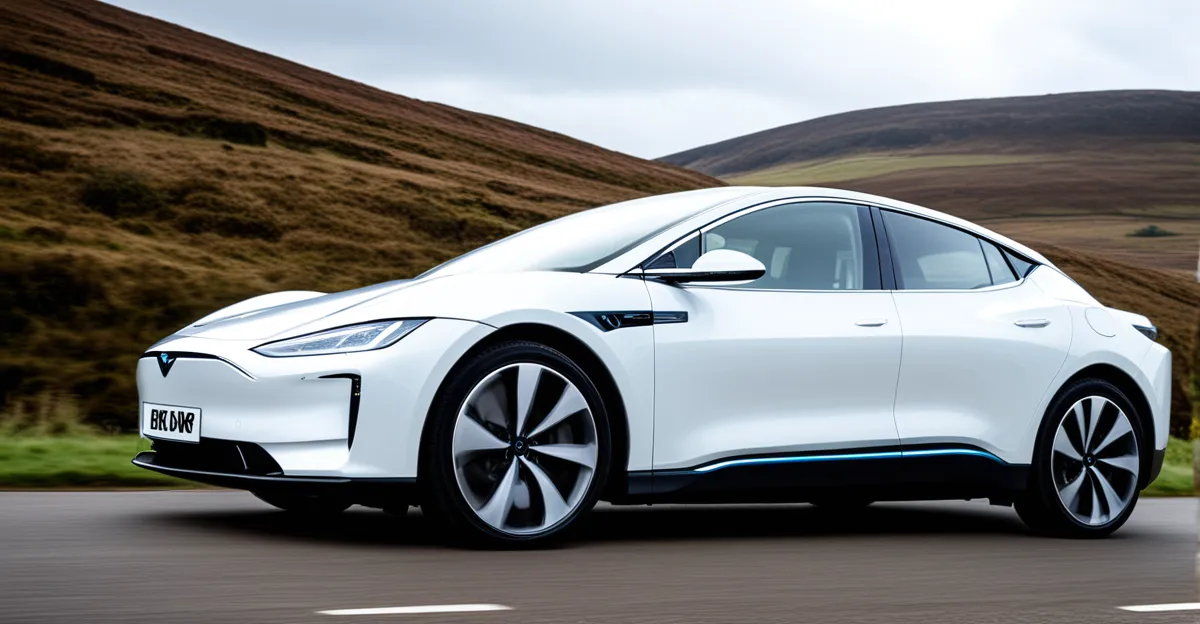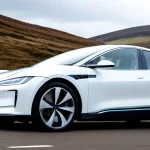Electric Vehicles and Market Trends in the UK
The EV adoption UK is accelerating rapidly, with sales growth reflecting heightened consumer interest and advancements in technology. In recent years, the UK has seen a significant upward trajectory in electric vehicle sales, marking a clear shift in the automotive landscape. This growth is driven predominantly by increasing environmental awareness and improved vehicle range, making EVs more attractive to everyday drivers.
Consumer demand is a major factor influencing electric vehicle market trends. Drivers are responding positively to incentives such as lower running costs and reduced emissions, aligning their preferences with more sustainable transportation choices. Simultaneously, technological improvements, including enhanced battery life and faster charging infrastructure, bolster this market momentum.
Also to see : How is the UK automotive industry contributing to job creation?
Key trends within the UK automotive industry outlook include a surge in models offered by manufacturers and increased investment in EV technology. This has led to a more competitive marketplace, with automakers expanding their electric portfolios to meet regulatory requirements and shifting customer expectations. As a result, the UK’s EV market is positioned for continued robust growth, underpinned by both consumer enthusiasm and technological progress.
Economic Impact of Electric Vehicles on the UK Automotive Sector
The UK economic impact EVs is increasingly evident as automotive industry growth responds to shifting market demands. EV adoption UK contributes directly to rising revenues, with manufacturers benefiting from expanding electric portfolios. This growth reflects not only increased vehicle sales but also evolving business models tailored to electric mobility.
Also to discover : What are the future trends in the UK automotive market?
Investment trends highlight significant capital allocation toward the EV sector. Companies, both established automakers and new entrants, are channeling resources into research, development, and production capabilities specific to electric vehicles. This influx of funding accelerates innovation and expands the UK’s position in the global EV market.
Moreover, the transition to electric vehicles is reshaping traditional automotive business frameworks. Firms are adapting their supply chains, embracing digital technologies, and exploring new services aligned with EV ownership. The EV sector investment fosters job creation in manufacturing, software development, and infrastructure, supporting broader economic resilience. In summary, the economic impact of EV adoption UK drives a transformative momentum across the automotive industry, heralding growth and diversification aligned with future mobility trends.
Government Policies Driving the EV Transition
Government policies play a pivotal role in accelerating EV adoption UK. The UK government EV policy includes ambitious regulations aiming to phase out petrol and diesel vehicles by 2030. This clear target motivates manufacturers and consumers to shift towards electric vehicles, reinforcing the electric vehicle market trends uncovered earlier.
Key EV incentives UK such as grants for new EV purchases and reduced vehicle taxes make ownership more financially attractive. Beyond direct incentives, investment in fast-charging infrastructure supports growing demand by addressing practical concerns about range and convenience.
Green legislation automotive initiatives extend to stricter emissions standards, encouraging automakers to innovate and prioritize cleaner technologies. Together, these policies create a robust framework that guides the UK automotive industry outlook towards sustainable growth. By offering fiscal motivation and infrastructural backing, government actions effectively reduce barriers to EV adoption and foster long-term market confidence in electrification.






